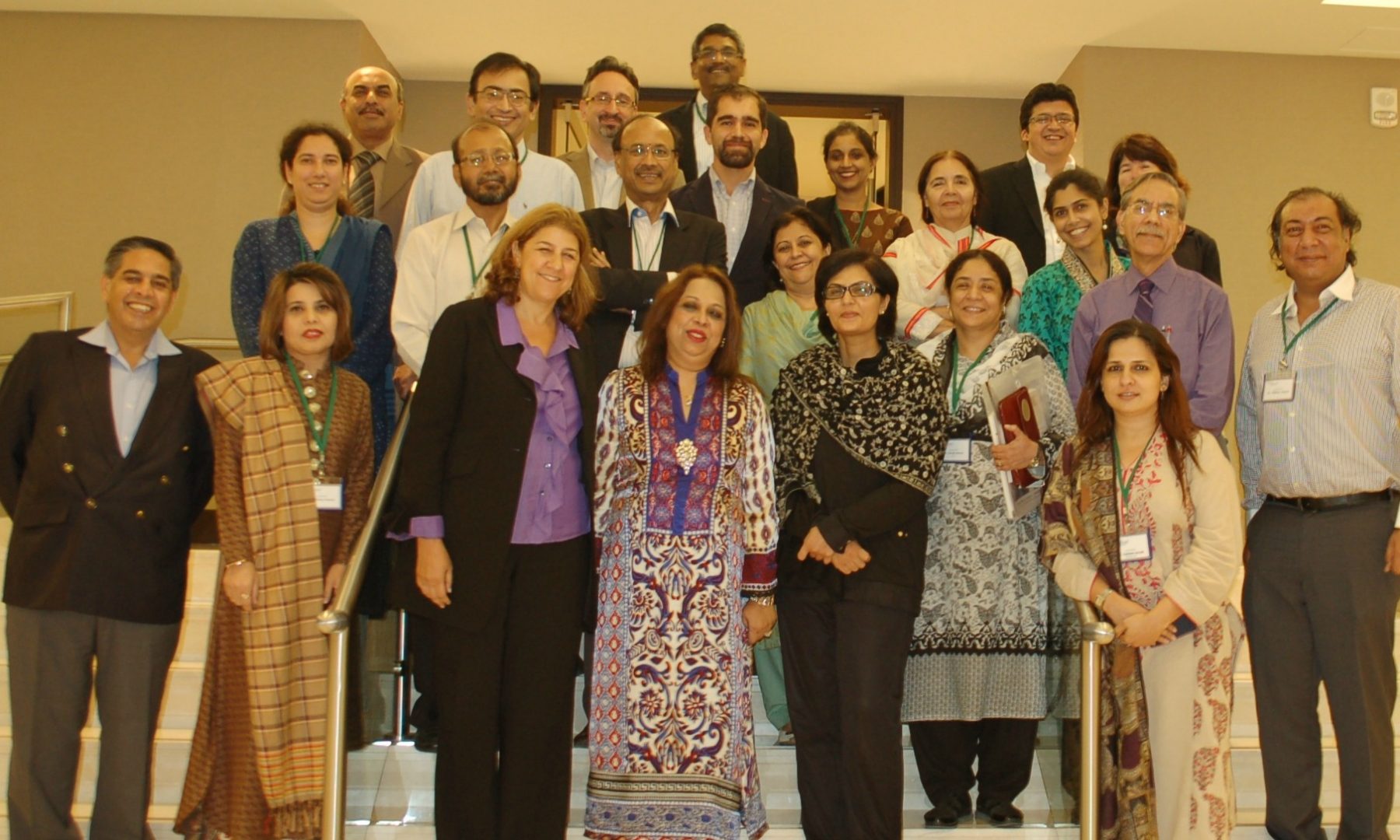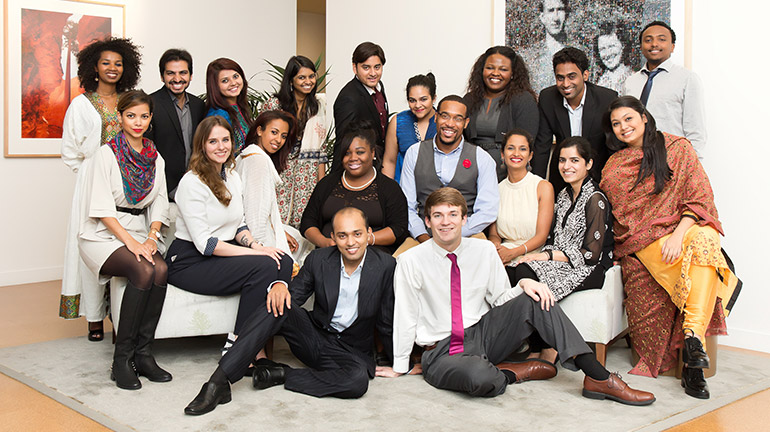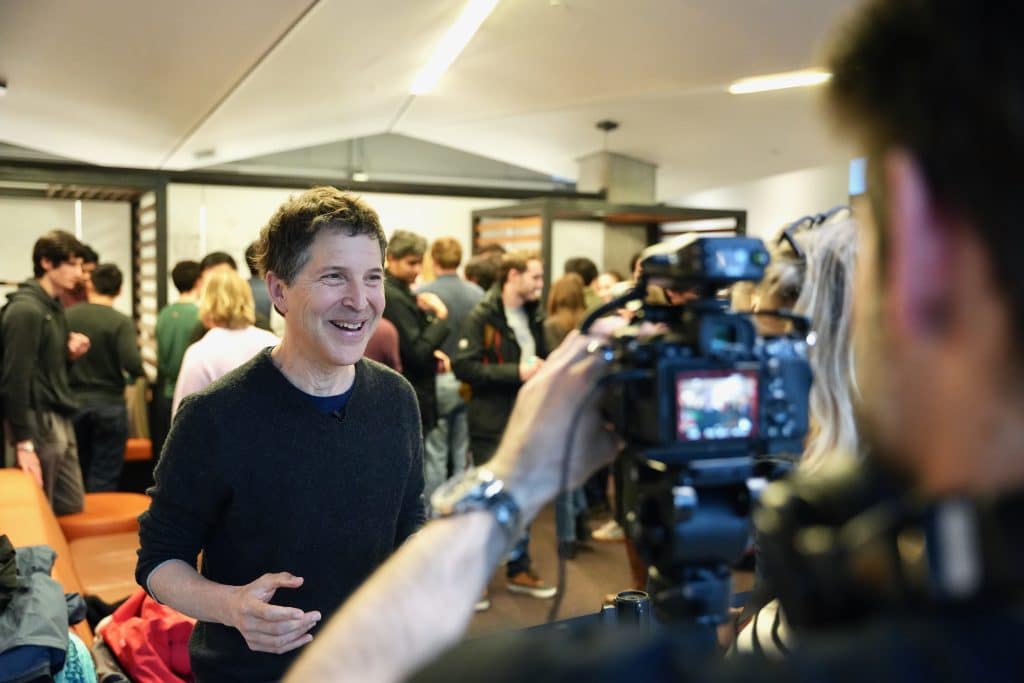Dr. Yasmeen Qazi is the Senior Country Advisor for the David and Lucile Packard Foundation’s Population and Reproductive Health program in Pakistan, a position she has held for over 15 years. As the Foundation’s grantmaking in Pakistan comes to a close in 2020, Dr. Qazi reflects on the challenges and successes of the past two decades. The Foundation’s efforts in Pakistan are detailed in a 2018 report by Mathematica Policy Research: Advancing Reproductive Health in Pakistan: A review of the David and Lucile Packard Foundation’s two decades of grantmaking.
How did you join the reproductive health field?
After I was trained as a general surgeon, there was a job for a doctor who goes to villages to provide family planning services. I was stunned to see how disempowered the women were and the difficult situations they were facing—it just killed my heart. I knew this is where I should be, and I haven’t looked back.
What brought you to the Packard Foundation?
I joined the Foundation as its Pakistan Country Advisor in 2003 and have had the privilege of working with brilliant and passionate team members who gave in-country teams complete independence and leadership opportunities. That gave us the courage, hope, and aspiration to empower and ensure women and girl-centered family planning and reproductive health care in Pakistan.
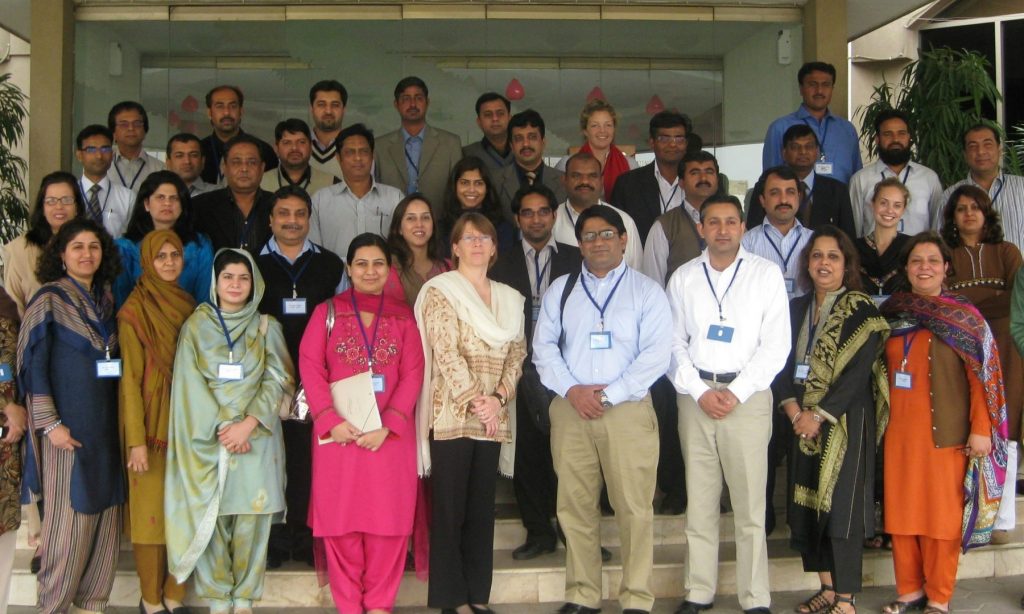 2009 grantee meeting in Karachi
2009 grantee meeting in Karachi
When did the Foundation begin its grantmaking to support family planning and reproductive health in Pakistan?
In 1998, there was a freeze on foreign aid to Pakistan, resulting in the exit of major donors that severely affected the non-governmental organization sector. The Foundation entered at this difficult time with the goal of improving reproductive health and family planning services for women and girls. An early Foundation grant to Greenstar to offer general support and later introducing emergency contraceptives in the government’s basket of contraceptive choices marked the arrival of a strategic donor that, despite challenging times, was ready to invest in issues that were not previously well-supported.
What challenges have there been to advancing family planning and reproductive health in Pakistan over the past 20 years, and how have they been addressed?
When we began, there was low funding, policy barriers, and lack of attention to reproductive health issues. The challenge of initiating work on abortion led us to fund new research on the incidence of unsafe abortion through the Population Council. This research facilitated grantee Ipas’ entry into the country to provide safe post-abortion care technologies and led to the creation of the first of its kind alliance, the Pakistan Alliance on Post-Abortion Care. Ipas went on to lead major changes in health policy around post-abortion care, including the adoption of improved technologies and guidelines. In addition, Marie Stopes Society demonstrated models for quality post-abortion care and family planning services at scale.
Another challenge was the ability to meaningfully address the sexual and reproductive health of young people. Early support to newly-formed Aahung introduced Life Skills-Based Education to school curriculum and sought to change the pre-service curriculum of medical and nursing schools. Aahung is now a leading organization in the field and was invited by the Sindh province government to introduce Life Skills-Based Education in all public schools. Later, Rutgers invested in young girls’ leadership in rural areas of Sindh. Their “Kirans”, which means “rays” in Urdu, are girls 16-19 years of age that are trained to sensitize communities against early marriage and advocate for girls to stay in school. Rutgers and other grantees led an advocacy movement resulting in a new law restricting marriages below the age of 18 in Sindh.
The ability to provide much-needed quality health education and services to women and girls in remote areas of the country was another challenge. The Foundation partnered with HANDS to improve access to quality family planning and reproductive health services in remote areas by investing in a network of local community members, known as MARVIs, who provide door-to-door access to contraceptives. The model was highly successful and contributed to an increase in contraceptive use from 9 percent in 2008 to 27 percent in 2013 in the intervention district. MARVI is now a franchise which has attracted funding from multiple donors and has made HANDS one of Pakistan’s leaders in family planning.
The Foundation also brought new players into the family planning and reproductive health space, including universities in Karachi and Lahore; micro-credit in rural areas; groups working girls’ education, the environment, and human rights; and think-tanks. This has led to a stronger and broader ecosystem of leaders and organizations committed to family planning and reproductive health.
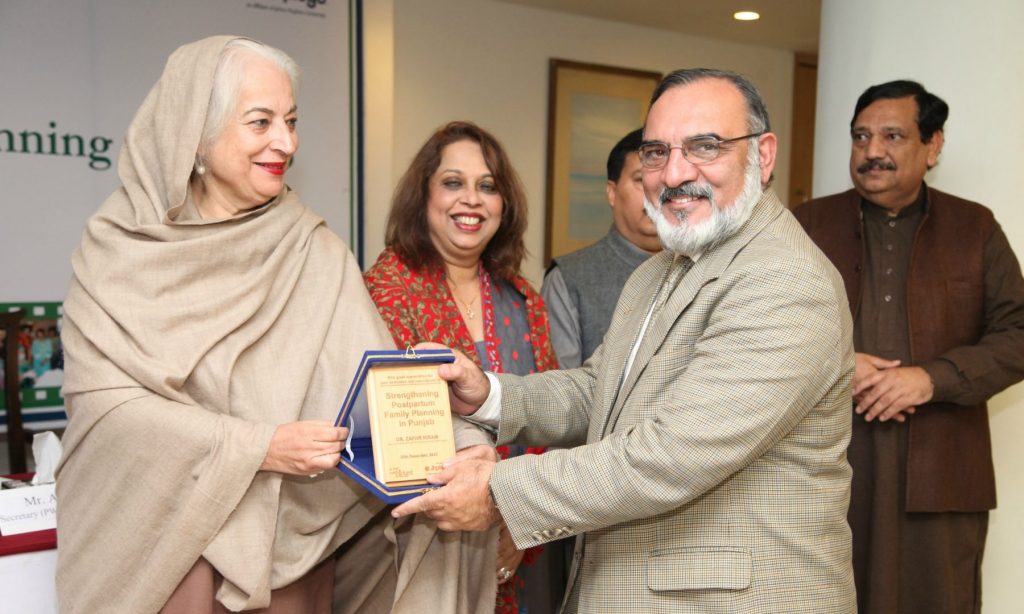 At a Jhpiego event in Lahore, with the Punjab Minister of Population
At a Jhpiego event in Lahore, with the Punjab Minister of Population
What principles have guided your work?
A focus on young women and a rights-based approach to family planning and reproductive health has been central to all investments. Critical to the change we are working towards—ensuring quality care for all women and young people—is the support for innovation, risk taking, and new models of collaboration. One example is the Foundation’s multi-year investments in leadership programs. Over the last decade, this critical mass of leaders has helped move the needle in favor of family planning and reproductive health policies.
The Foundation was able to demonstrate measurable success due to its selection of good partners, focus on effectiveness, technical support, providing opportunities for networking, leveraging donor attention, and evidence-based advocacy.
Tell us about the Sukh Initiative.
Sukh is a landmark project that brought together three donors—the Packard, Bill and Melinda Gates, and Aman foundations—to improve the quality of family planning and reproductive health services for women and girls in urban areas of Karachi. It is also the Foundation’s “sunset” (departing) grant for its work in Pakistan.
The Sukh Initiative funds Aman Health Care Services, the first urban model on family planning in Pakistan, which is designed to increase modern contraceptive prevalence rate (CPR) by 15 percent. By offering door-to-door information and service delivery by community health workers, counseling and follow-up care through a telephone helpline, improving quality of family planning and post-abortion care services at public and private facilities, and engaging young people in culturally-appropriate comprehensive sexuality education, there has been a nine percent increase in the CPR, and we are hopeful that this success will inform future government policies and programs.
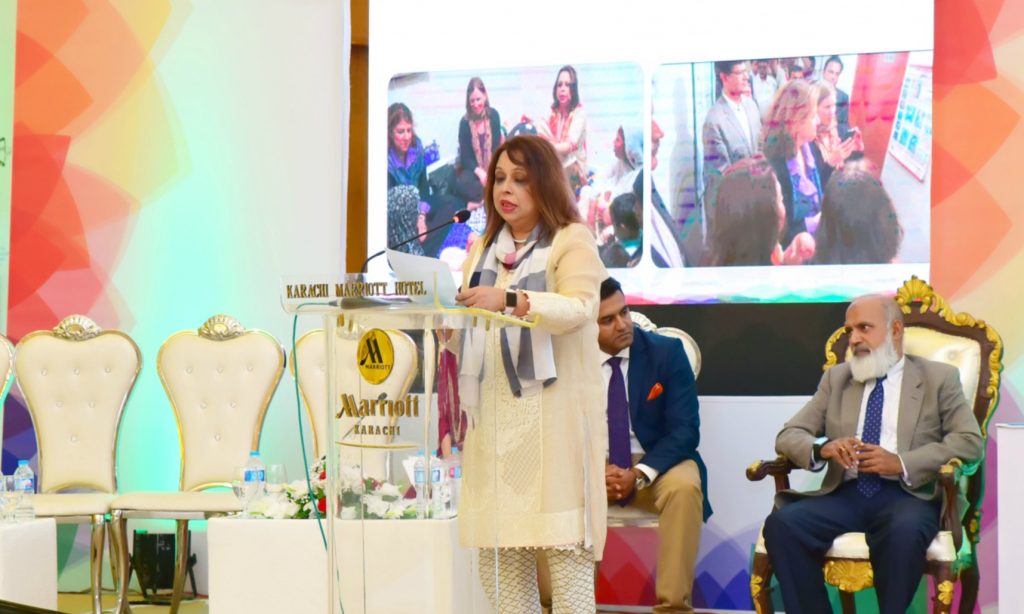 Presenting at a Sukh midline evaluation results event
Presenting at a Sukh midline evaluation results event
What does the way forward look like for family planning and reproductive health in Pakistan?
The past two decades have given us much to celebrate. I am hopeful that the path we’ve started on will lead us to our destination: high quality, equitable reproductive health systems that respond to the needs of all, especially women and girls. Our valuable partners and all champions will keep the movement alive, and they can draw upon the lessons of the team that had the courage to challenge and change the status quo.
